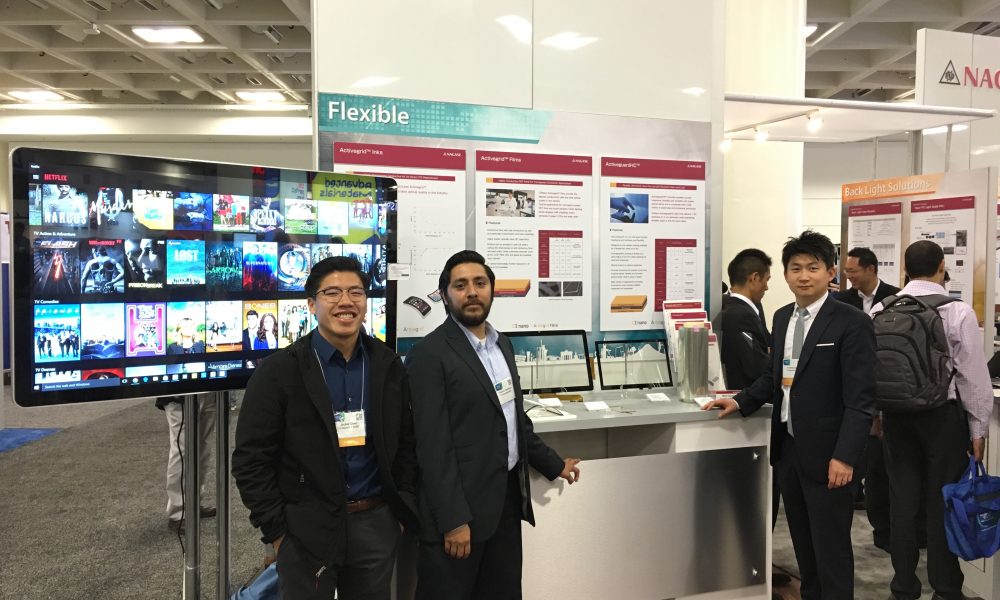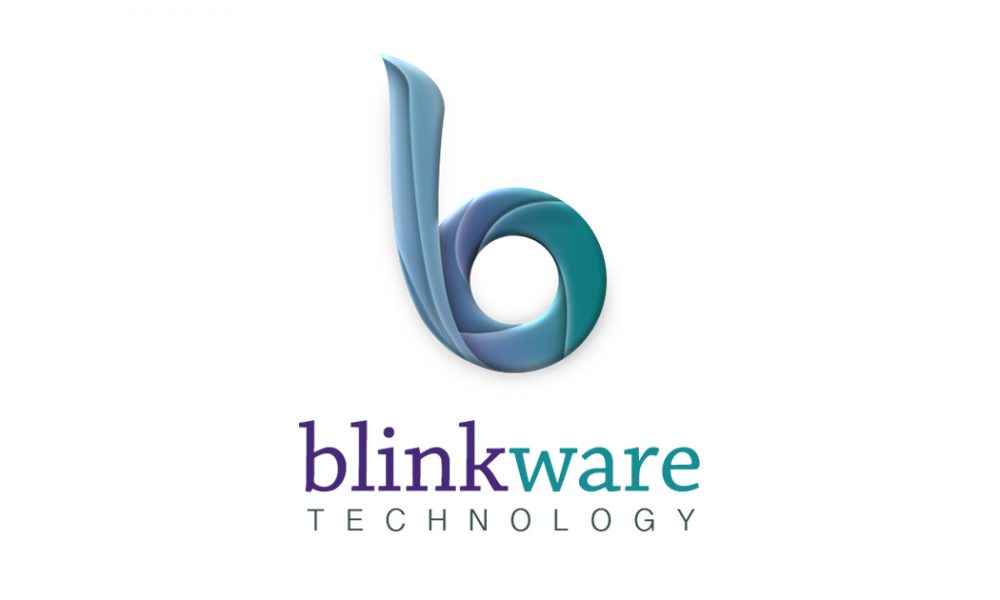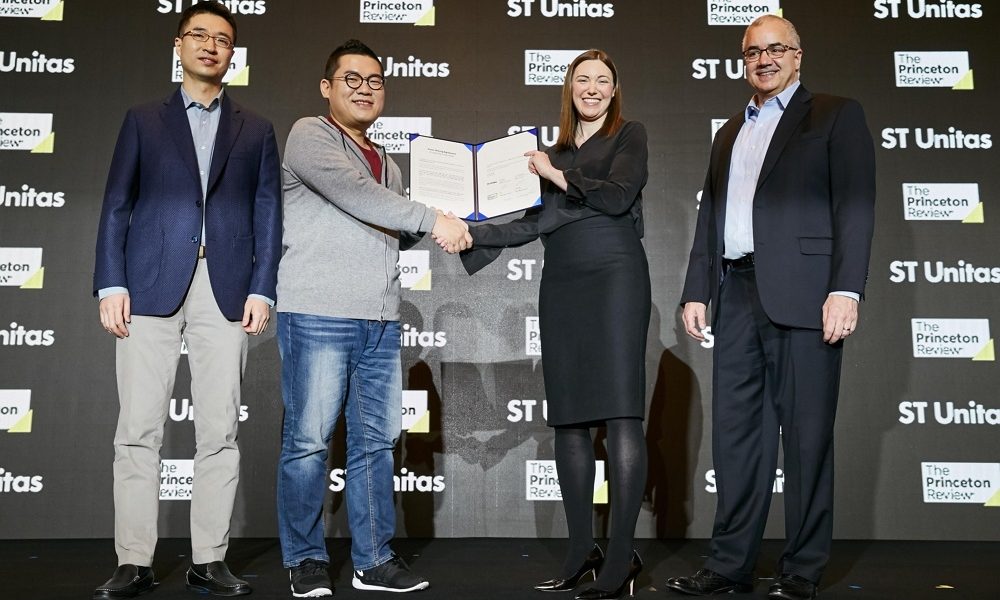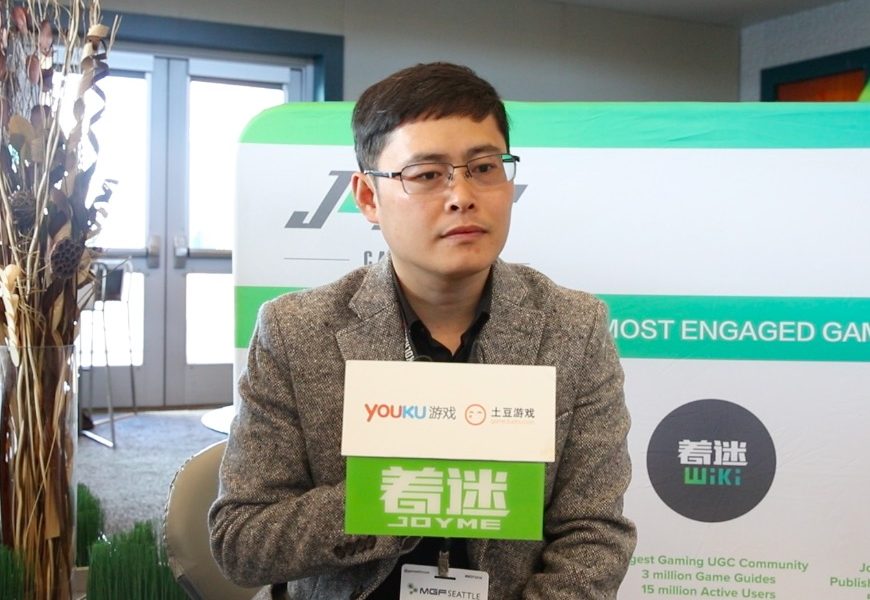Month: February 2017
Temasek unit Heliconia launches US$422 million International Partnership Fund to help Singaporean firms expand globally
Heliconia Capital Management, a unit of Temasek Holdings, has announced the launch of a S$600 million (about US$422 million) International Partnership Fund (IPF) in government capital.
The new fund will be used to co-invest with Singapore-based enterprises, helping local enterprises to internationalise their business operations and expanding into oversea markets via acquisitions.
Its joint investment policy focuses on Asian markets, encouraging local firms to partner with other Asian companies to engage in activities such as extending product lines, brands or value chains, in addition to gaining access to markets, channels, and technologies.
Specifically, the fund will support firms that intend to grow by acquiring their regional peers, but which may not have sufficient capital to proceed with its acquisition.
In this way, the fund will hold opportunities for smaller local firms by allowing them to link up with Heliconia as a consortium partner that is able to co-invest in the target company alongside the Singapore acquirer.
Heliconia will come in purely as a financial investor and will not compete over the acquisition’s ownership. Firms that have not identified an acquisition target can also opt for Heliconia’s help to source deals by tapping its extended networks, which only large private equity funds can maintain.
However, to draw on the funds, firms must meet the criteria of being headquartered in the city-state and to have post annual revenues no higher than S$800 million ($564 million). These conditions place their investment focus firmly on middle market enterprises.
“The creation of the fund is part of an effort to develop a smart financing ecosystem here, in Singapore,” said Finance Minister Heng Swee Keat. “More funding support is also being targeted at infrastructure developers to help them undertake more oversea projects.”
By Vivian Foo, Unicorn Media
Touch sensor ink film maker C3Nano secures US$15 million series D equity financing
C3Nano Inc., a provider of transparent conductive inks and films for the touch sensor and display industry, announced on Wednesday that it has closed a US$15 million series D equity financing round led by GSR Ventures, new investors Nissha Printing Co., Ltd. and Xinjiang Guoli Minsheng Equity Investment Co., Ltd.
“We’re excited to establish a strong position in the flexible sensor market with C3Nano’s technology. We look forward to working with them as we grow the market together,” said Daisuke Inoue, the Executive Vice President at Nissha.
Other investors which participated in the round are Phoenix Venture Partners, and several undisclosed investors, including a leading Silicon Valley technology company. Following the series C financing led by Hitachi Chemical and Nagase America in 2014, the new round brings C3Nano’s total equity financing to US$37 million since its inception.
Founded in 2010 as a spin-out from Professor Zhenan Bao’s chemical engineering laboratory at Stamford University, C3Nano is the developer of solution-based, transparent conductive inks and films as direct replacements for indium tin oxide. It is headquartered in Silicon Valley with a manufacturing base in South Korea and a sales and technical support in China and Taiwan.
Kevin Yin, GSR Partner and C3Nano board member who led the original investment to spin-off C3Nano from Stanford University, stated, “C3Nano has demonstrated clear business foresight in driving industry-leading technology, and has built one of the world’s most advanced materials R&D and engineering organizations. They continue to innovate, setting the very best market performance standard through each product delivered.”
With the latest capital, C3Nano plans to construct its manufacturing operations in China and increase its capacity in South Korea to support its sales growth, in addition to funding new technology development and innovation at its headquarters in Hayward, California. The manufacturing scale up will strengthen C3Nano’s presence in Asia and provide expanded technical and business support to its global customer base.
Commenting on the fundraising, C3Nano Cliff Morris said, “We are delighted to welcome our new investors and thank our existing investors for their continued support. As the OLED and flexible display markets accelerate and with the commitment of our strong investors, strategic industry partners, loyal customers, and dedicated employees, C3Nano is globally positioned to grow and prosper. I see a bright future for us all.”
By Vivian Foo, Next Unicorn
Malaysian Blinkware Technology to raise US$2 million from VCs to fund R&D
Malaysia’s Blinkware Technology, a motion and gesture platforms provider is raising US$2 million from venture capital funds to help fund its research and development efforts to roll out the Software Development Kit (SDK) for client applications.
The fundraising process is facilitated by Singapore-based investment platform Fundnel . However, the figures and names in regards to Blinkware’s investment were not revealed in due diligence with some VCs.
“Hence, whilst a fully working product has already been widely deployed across banks, shopping malls, etc., the release of the SDK will support the development of external and independent applications, helping Blinkware to scale beyond its current solicited horizon,” Blinkware Founder and CEO Alvin Koh said.
Established in August 2013, Blinkware Technology is a motion and gesture platform provider with key strengths in media, education, data analytics and medical technology. Backed by Vickers Venture Partners through a share swap exercise, Blinkware has a team of programmers, designers, animators, and technicians with diverse capabilities.
Its technology is implemented and delivered across telecommunications, digital advertising, automotive, and manufacturing sectors in these key regions, making traction in Malaysia, Indonesia, and Italy, as well as building strong inroads across the Philippines, Myanmar, and China through strategic partners over the last year.
“Upon the launch of our upcoming “AIRRE” SDK, we expect considerable scale across the globe through a license based model that will be easily accessible via our online portal,” Koh added.
The AIRRE SDK aims to enable developers and industries to leverage on its motion, gesture and facial recognition platform to design, create and execute new applications and products utilising low-cost 2D cameras, ultimately revolutionizing and simplifying human interaction with systems.
Blinkware has recorded profits in the second year of business and an average year on year double digit growth in profits. “We forecast 2017 to follow the same rate of the expansion into new markets. Moving towards 2018 we are expecting a leap in profits with the introduction of our AIRRE SDK complementing revenue generated from our existing business model,” Koh said.
Prior to this, the firm had also acquired Shanghai-based 2D Camera Technology firm Mobinex to position itself as a provider of Motion and Gesture technology in South East Asia. The previous funding was an angel round of US$600K which was secured at the early stages of the company.
By Vivian Foo, Unicorn Media
Korean ST Unitas to acquire the Princeton Review
ST Unitas, Korea’s largest operator of private learning institutes on February 14 announced that it has acquired the Princeton Review, a major U.S. education service firm, as its first step toward becoming a global powerhouse in the expanding online-based exam preparation market.
“We are happy to announce that ST Unitas and the Princeton Review have become one family,” said Yoon Sung-Hyuk, ST Unitas’s CEO. “We will together build a global education platform that offers innovative, information-technology based, tailored services to our users across the globe.”
Financial terms of the agreement were not disclosed though predicaments according to investment bank analysts states that ST Unitas would have to pay about 100 billion won (US$87 million) to acquire the Massachusets-based platform.
Founded in April 2010, ST Unitas is the first in the industry to develop scientific studying methods based on big data from 60 subsidiary brands which are ranked number one in their respective division including Engdangi (English cram school) and Gongdangi (Civil Service Exam cram school), which utilize IT in education.
The education firm offers English, Chinese, and other foreign language courses as well as various civil-service tests in addition to a range of lectures which are available both online and offline. Consequently, ST Unitas reached over 1200 employees and annual sales of $350 million (400 billion won) in 2016.
The Princeton Review, founded in 1981, is a college admission services company offering test preparation services, tutoring, and admissions resources, online courses, and books. Besides the United States, it has sent more than 1.5 million students to elite colleges in 20 countries.
“We believe that now is the right time for us to enter the United States, the world’s largest education market. The U.S. online education industry has been expanding rapidly over the past five years,” Yoon said. “Given that the majority of IT platforms that dominate the global market, such as Facebook and Uber, were born in the United States, we decided to create our platform in the world’s largest economy. This is another reason why we decided to acquire The Princeton Review.”
Following this acquisition, the CEO said ST Unitas will take advantage of the U.S. education service firm’s vast database, its extensive overseas network as well as its knowhows on the scholastic aptitude test (SAT) and other standardised U.S. exams to become a leader in the $250 billion online education market.
“We have been successful in Korea because we work hard to offer top-quality education materials to our customers at affordable prices,” Yoon said. “What we would like to do is take this business model in cooperation with The Princeton Review to the United States and other countries. I have no doubt ST Unitas will become a top global education platform provider.”
The Princeton Review CEO Kate Walker said that in cooperation with ST Unitas, the company will continue to expand its market share and secure technology leadership in the rapidly growing online education market.
By Vivian Foo, Unicorn Media
China’s JoyMe, Kee Ever to set up US$360 million M&A fund to acquire oversea video game companies
JoyMe Group, a Beijing-based internet technology company has formed a strategic alliance with Kee Ever Bright Decorative Technology Co., Ltd., a Jiangsu province-based online video game company to launch a RMB3 billion (about US$360 million) video game M&A fund.
The first phase of the fund, tentatively set at RMB1 billion (about US$140 million) will focus on the investment of video games distribution, production, development, eSports, and other industries which lie in line with the development strategy of the two investment partners.
In 2016, the video game market in China was estimated to worth RMB165 billion (about US$24 billion), in addition to an emerging trend in merger and acquisition, recording a total of US$28 billion transaction value in the same year. This can be seen looking at Tencent Holdings Ltd’s US$8.6 billion acquisition of Finland-based mobile game development company Supercell and Youzu Interactive’s €80 million acquisition of German game business Bigpoint, among some.
“The global video games industry has a history of over 50 years, and China’s gaming market has its own three eras whereby, in the beginning, companies like Sdo and The9 only aim to become the proxy of a good product. Later, a new batch of companies emerged which set research and development at its core. Today, the situation has transitioned to that of Tencent and Netease, whereby internationalisation becomes the driving force of most gaming companies,” said Chen Yang, the CEO and Group Chairman of JoyMe.
“Hence, it is time for us to launch a buyout fund targeting the international market. As comparing China to other countries, we are lacking in terms of technology and creativity although China’s game industry market has an edge in its user base, paying capacity as well as commercial capacity of Chinese companies which can leverage global attention. In this case, we intend to acquire the best foreign products and talents back to China,” said Chen Yang.
Founded in 2011 by Chen Yang, a former lead producer at U.S.-based Electronic Arts Inc. The company previously raised a RMB130 million (about US$18 million) series B round from Fosun Kinzon Capital and Bluerun Ventures. It later raised an undisclosed amount of series C round from online video platform Youku Tudou and Beijing-based game developer Ourpalm.
Prior to the establishment of investment funds, the Group has formed a North American branch and which was joined by former Lucas Entertainment CEO Jack Sorensen and other senior players. In this retrospect, Chen Yang said that compared to other teams, their team’s advantage lies in understanding the North American market, “our team in the international large-scale game companies who have a lot of executives, including myself is the case.”
Speaking on the future of the group for the game industry layout, Chen Yang said, “We will not acquire studios at their early stages, as though their game content development may be creative, at the same time, there are still many uncertainties. Moreover, this fund sets out to be an M&A fund instead of being a VC, hence game companies model which has not been proven in the market will not be included in our investment scope.”
By Vivian Foo, Next Unicorn




